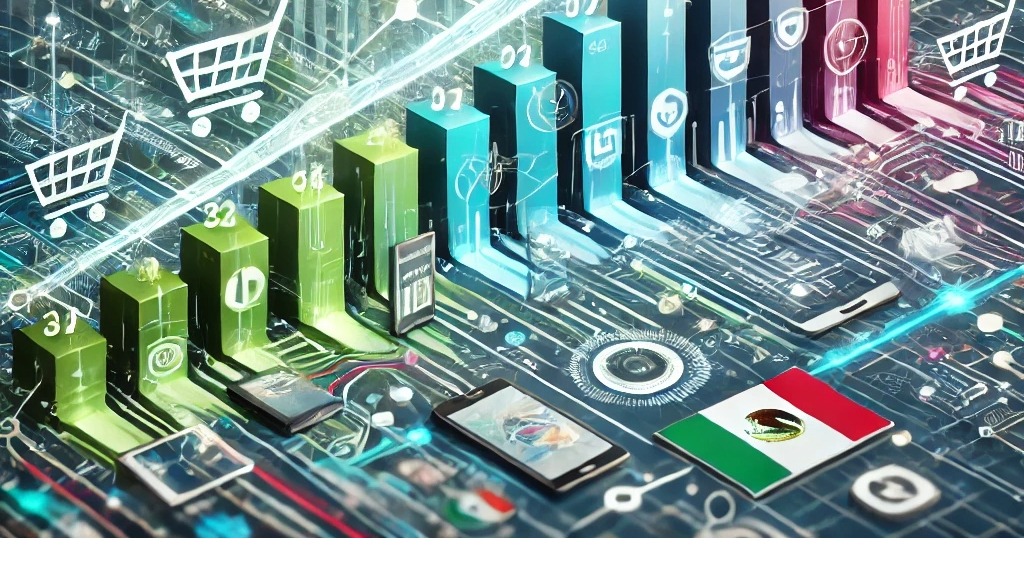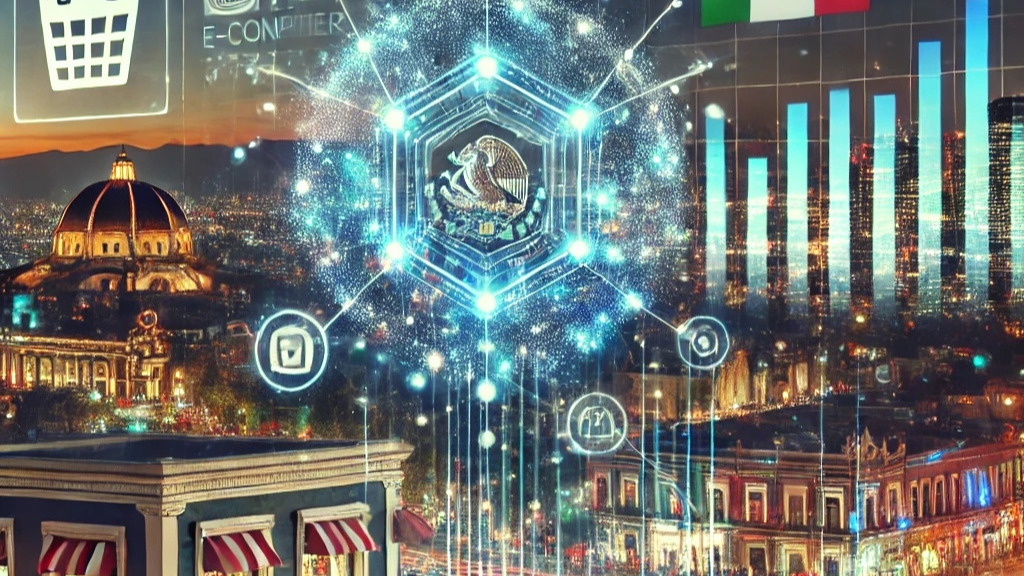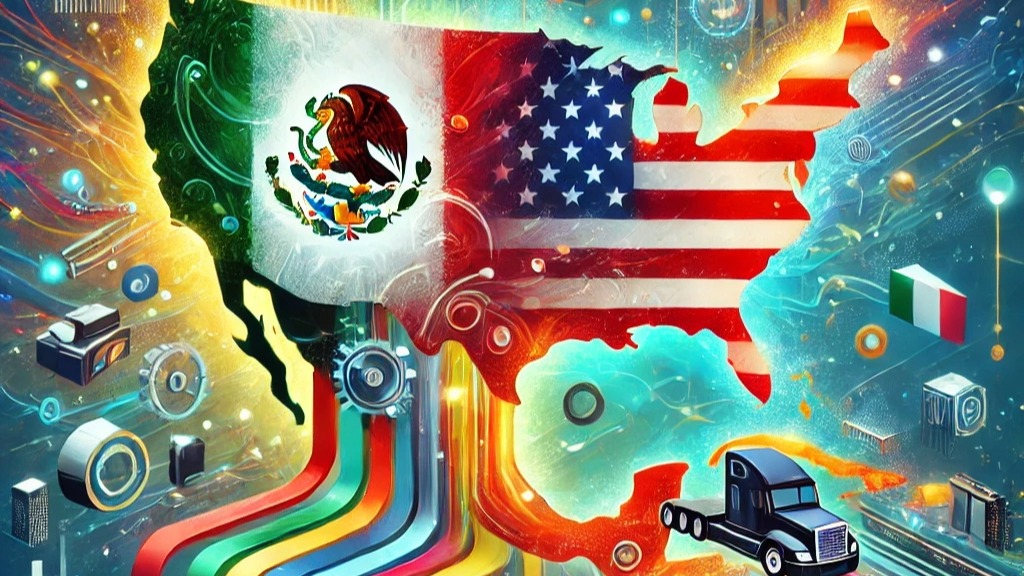Digital commerce in Mexico continues to expand

In August 2024, digital and catalog sales grew by 8.1% year-on-year, standing out against a 0.8% decline in total retail trade, according to data from Inegi's Monthly Survey of Commercial Companies (EMEC).
This increase reflects the continued expansion of non-face-to-face sales, whether through the internet, television or catalogs, a trend that has gained momentum since the 2020 pandemic.
Despite seasonal fluctuations, revenues in this sector continue to show a positive evolution and contrast with the overall performance of retail, which in the same period recorded a contraction of 0.8%. This dynamism in digital sales confirms that e-commerce has acquired strategic relevance for the Mexican economy.
The growth of digital commerce has also impacted the labor arena. Employed personnel in this sector showed an increase of 15% in August 2024 compared to the same month of the previous year, indicating an expansion in labor demand. However, this growth in employment has not been accompanied by an improvement in remunerations, which decreased by 22%, revealing a disparity in the evolution of employment and wages. This drop in wages could be a sign of pressure on companies' profit margins, especially in an environment where competition is increasingly intense.
The upward trend in digital commerce represents a key strength for the Mexican market, as it allows companies to reach wider and more diversified audiences, overcoming geographic and physical limitations. In addition, this growth offers an opportunity for companies to optimize their business models by adopting advanced technologies, which can improve operational efficiency and customer experience.
The fact that nearly 70% of the Mexican population has made purchases online demonstrates the potential for expansion of this sector.
However, despite these strengths and opportunities, there are also weaknesses to consider. Falling wages in the digital sector suggest that the jobs created do not always offer optimal working conditions, which could affect the long-term sustainability of growth. Also, the volatility of online sales and the dependence on robust technological infrastructures are areas that require attention.
Many Mexican companies have not yet fully adopted digital strategies, which places them in a vulnerable position vis-à-vis more advanced international competitors in this area.
On the other hand, digital commerce in Mexico also faces external threats. Global competition remains a factor that can limit local growth, especially if Mexican companies fail to differentiate themselves in terms of quality, price or innovation. In addition, rapid technological evolution and changing consumer demands impose constant challenges, forcing companies to be in constant transformation. Added to this are potential issues related to logistics and cybersecurity, which are critical to ensure consumer confidence in these types of transactions.
Digital commerce remains a key pillar for the Mexican economy, accounting for 5.9% of the country's GDP in 2022. Going forward, the challenge will be to leverage the sector's strengths, such as growing internet penetration and consumer preference for the convenience of online shopping, while managing internal weaknesses and external threats.
Collaboration: Editorial Auge.





